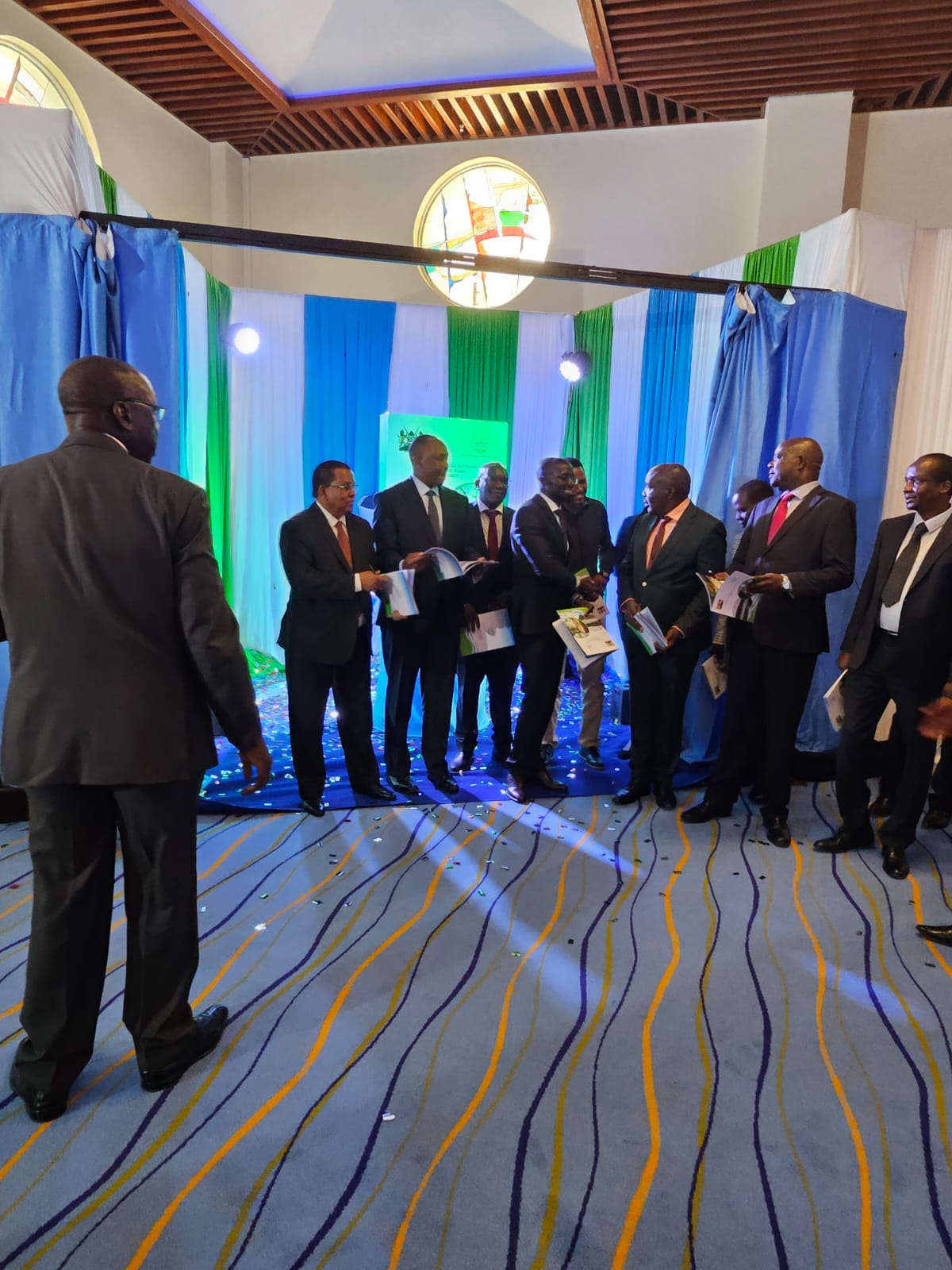The Water Resources Authority (WRA) has launched a comprehensive strategic plan for 2023-2027, targeting critical areas such as reliable water data collection, climate change mitigation, and the digitization of services. The plan also emphasizes stricter enforcement of water resource laws and regulations to enhance water security in Kenya.
Cabinet Secretary for Water and Sanitation, Eric Mugaa, praised the strategic plan as a transformative initiative, addressing pressing issues related to water conservation and climate change.
“This plan comes at the right time, and I commend WRA’s management for its foresight in drafting it. It tackles key challenges we face in water conservation and allows us to plan ahead,” said Mugaa during the launch event.
He also encouraged other water sector agencies to follow WRA’s example, acknowledging the authority’s leadership and commitment to service delivery.
WRA Board Chair, Donald Murgor, pledged strict enforcement of water laws, noting that the authority will collaborate with county governments to ensure full compliance.
“We are going to work closely with counties to enforce all regulations. If we all fulfill our responsibilities, we can achieve water security,” he said.
WRA CEO, Mohammed Shurie, highlighted that the strategic plan is fully geared towards enhancing water resources management in Kenya.
“If we don’t control our catchment areas, we will face serious problems in the future. We need to collaborate to improve our water resources,” Shurie stated, calling on Kenyans to support the plan’s implementation for the betterment of the country’s water resources.
Digital Transformation and E-Citizen Integration
In a significant shift towards digitization, WRA has fully migrated its services to the e-Citizen platform to improve accessibility and efficiency.
The transition includes the discontinuation of previous payment methods like M-Pesa paybills, with all payments now centralized through the e-Citizen platform.
This move aligns with the government’s broader agenda to enhance digital services across sectors for improved service delivery and transparency.
The e-Citizen platform now facilitates various WRA services, including permit applications and renewals, payment of water use charges, and booking for laboratory water quality testing. It also allows users to inquire about permit status and access water resource data.
“Our goal is to streamline the process of obtaining permits and authorizations, making it easier for citizens to access water-related services,” Shurie said.
The integration with e-Citizen marks a significant step toward efficient and secure service delivery, positioning WRA at the forefront of digital transformation in Kenya’s public sector.
